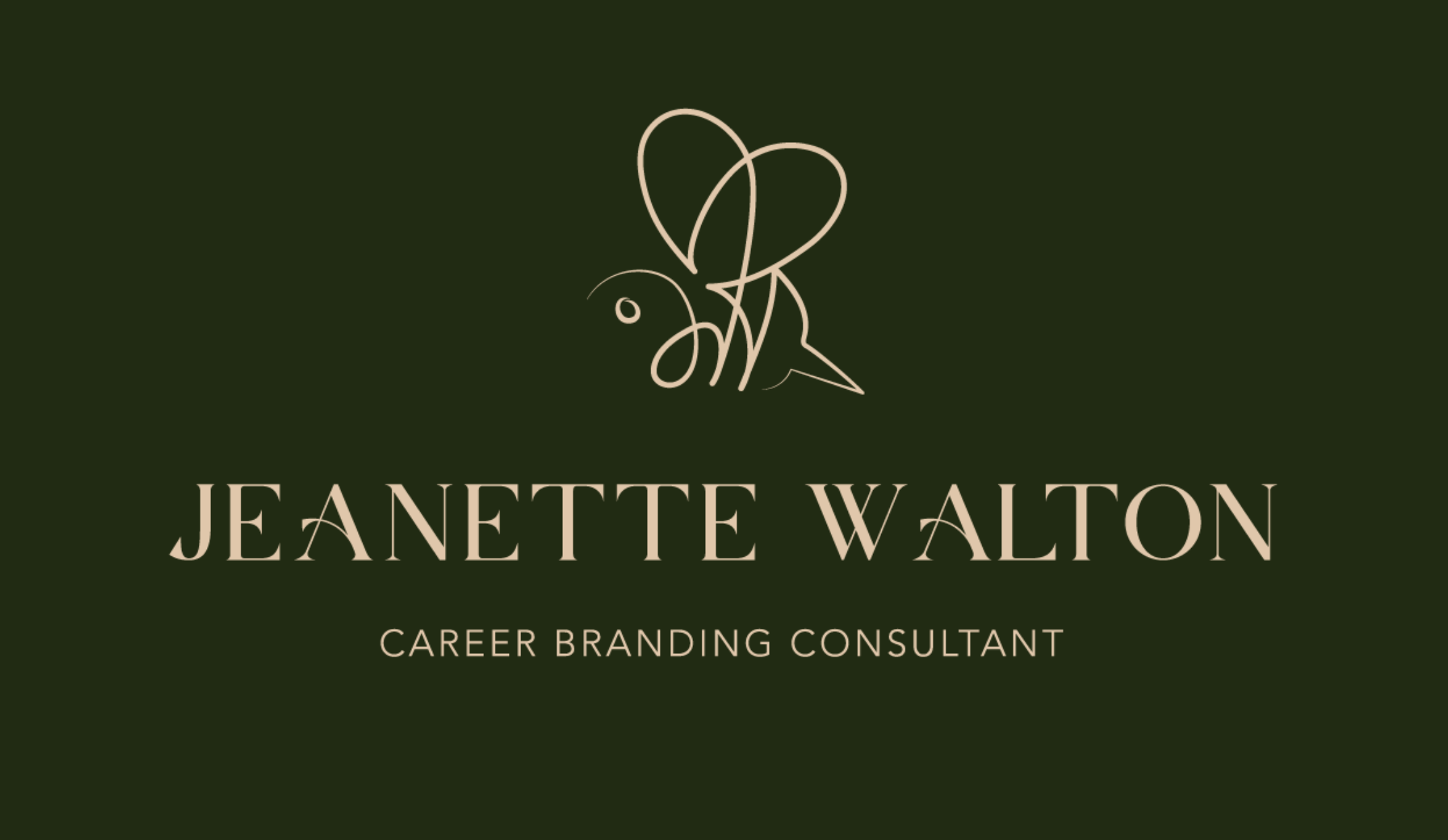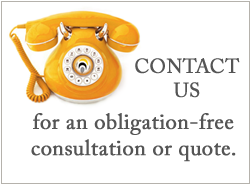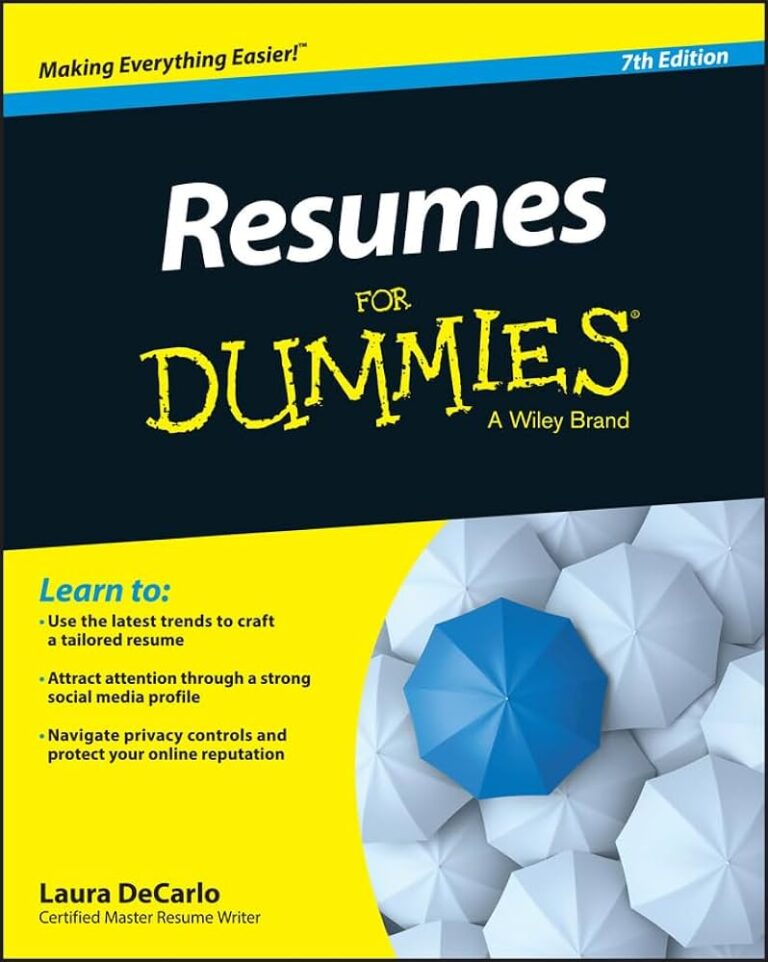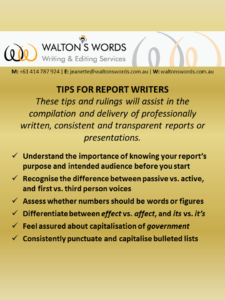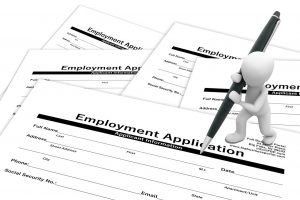 The loss of a job can no doubt be a tense and worrying time. As can be the thought of competing in a competitive and saturated market. But whatever the reason for being a job-seeker, it’s important to slow down, fully consider and attentively monitor your corresponding activities. Taking the time to reassess and possibly recharge your life will help you to minimise potentially distracting stress levels. It will also help to ensure that your job applications are relevant, meaningful, as well as impactful.
The loss of a job can no doubt be a tense and worrying time. As can be the thought of competing in a competitive and saturated market. But whatever the reason for being a job-seeker, it’s important to slow down, fully consider and attentively monitor your corresponding activities. Taking the time to reassess and possibly recharge your life will help you to minimise potentially distracting stress levels. It will also help to ensure that your job applications are relevant, meaningful, as well as impactful.
The Australian Bureau of Statistics recently reported job-seeking participation rates had reached an average of 64.7%, which is close to the pre-COVID-19 average. While a positive aspect of this is that it indicates job-nourishing economic growth, it’s also highlighting the essentiality of standing out among your fellow candidates. In particular, the need to take care and to avoid rushing your various job applications.
“We all know that applying for a new job can be a time-consuming and sometimes all-encompassing task. It’s one that requires dedication, concentration and focus that extends to the seemingly minor details … Neglecting this vital stage of your application, and submitting a resume packed with errors could prevent you from being invited to an interview, no matter how qualified you might be for the role.” (Hays – recruiting experts worldwide)
Tailor for each position
While there’s temptation to email out the same resume and cover letter to a range of prospective employers, spending time ensuring adequate alignment with each role is going to be beneficial. In addition to applying keyword optimisation, consider doing research on your target business to adequately tailor your career documents. For example, what are their company values that most appeal/align with you and why?
Check and check again
Sending out applications without doing a thorough check of each document (as cumbersome as that may seem) could lead to missed or wasted opportunities. This includes a thorough review of the content for spelling, grammar and punctuation errors, and ensuring the use of correct contact names, job titles, etc. in cover letters. Don’t undervalue your offerings via an avoidable typo or ‘copy and paste’ scenario.
“Nothing can make you lose credibility more quickly and seem uneducated than a spelling mistake.” (Roslyn Petelin, Associate Professor in Writing, University of Queensland)
Optimise but don’t overdo
In a Business News Daily article, approximately 70% of interviewed employers agreed there were resume deal-breakers that would cause them to reject a candidate before they’d even finished reading the application. In addition to the above-mentioned missteps that could be judged badly, make sure you’ve included appropriate contact details (veto any unprofessional email addresses) while avoiding the temptation of overloading and/or over-formatting your career documentation.
“When you include details and images that recruiters find to be inappropriate, opt for an over-the-top resume design, or don’t proofread your application, you’re allowing employers to question your judgment and decision-making skills.” (Amanda Augustine, Career Expert, Talent Inc.)
As I previously blogged, the average recruiter will spend no more than 30 seconds reviewing your resume, so use your preparation time wisely. Give the recruiter a reason to read on and to deposit your application in the ‘contact for interview’ pile.
___________________________________________________________________
If you’ve been considering a change in career direction and/or increasing your future job opportunities, it may also be time to consult a professional resume writer. From spicing up a LinkedIn profile to overhauling a resume and adding an often-critical cover letter, to writing up selection criteria attuned responses, Walton’s Words thrives on creating career documentation that helps you to stand out. Give us a call or drop us a line if you would like to discuss your resume writing needs further.
